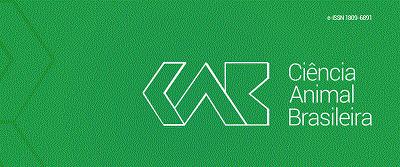Abstract
Considering that technological problems and economic losses are basically caused by spoilage microorganisms on dairy industry, therefore the aim of this study was to quantify the mesophilic aerobic, psychrotrophic, thermoduric and aerobic spore-forming in raw milk produced in northern Paraná and also verify the proteolytic and lipolytic capacity of these microorganisms. Twenty samples of raw milk were analyzed and were determined mesophilic aerobic, psychrotrophic, thermoduric mesophilic, psychrotrophic thermoduric and aerobicspore-forming counts and proteolytic and lipolytic capacity from each group. The average counts of aerobic mesophilic were 1,79x106CFU/mL, above the limit established to Normative Instruction 76 (3,0x105CFU/mL); 55% samples had scores within the standards. Psychrotrophic counts ranged from 1,0x102 to 9,9x106CFU/mL and in 30% samples this count was higher than mesophilic. The average mesophilic thermoduric was 2,4x104CFU/mL, psychrotrophic thermoduric was 1,7x102CFU/mL and aerobic spore-forming was 5,0x101CFU/mL. As for the spoilage profile, all groups showed higher lipase and proteolytic activity, with a predominance of lipolytic bacteria. The values found indicates the inappropriate hygienic-sanitary management during milking and maintaining molk refrigerated for long periods until pasteurize, it can favorsthe proliferation of spoilage microbiota, which can promote significant changes in the quality and yield of milk and dairy products, even after the heat treatment.
Keywords:
lipolysis; proteolysis; refrigeration; spoilage microbiota
